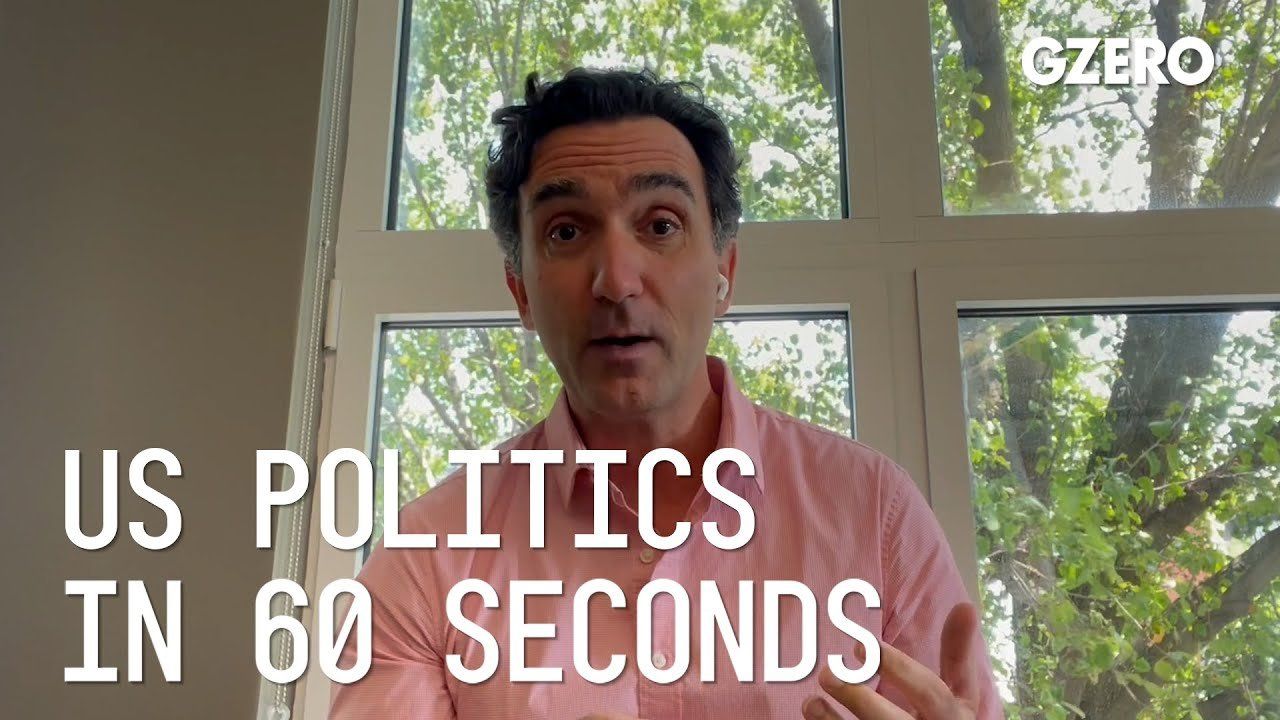
Jon Lieber, head of Eurasia Group's coverage of political and policy developments in Washington, DC shares his perspective on US politics.
Will President Biden get a budget deal with Republican lawmakers?
In what's become an almost annual exercise, the US needs to increase its debt limit once again. With over $31 trillion on the national debt, Congress has to authorize the ability for treasury to borrow any more, and the new Republican majority in the House sees this as an opportunity to try to force President Biden into achieving some long-term budget cuts. The house passed a bill last month that would cut spending by about $4 trillion over the next 10 years. President Biden has proposed a budget that would reduce the deficit by over $3 trillion over the next 10 years through a combination of spending cuts and tax increases. The Republicans have no interest whatsoever in those tax increases, however, so what they're negotiating towards is a package of spending cuts over 10 years that would probably cut budget deficits by somewhere between $1-2 trillion. However, President Biden up until about a week ago said that he was not open to negotiating on the debt limit, and instead wanted to keep the discussions focused around the government's annual appropriations process, which is supposed to take place around September 30th. With the debt limit deadline coming up on or around June 1st, the US could potentially default if lawmakers have not achieved a deal well in advance of that deadline, which we're about two weeks away from right now. Negotiations are just starting to heat up between Speaker Kevin McCarthy's staff and the White House staff. President Biden has canceled part of his trip to Asia in order to come back to the United States to finish these negotiations. And this very well could come down to the wire, which is making markets very nervous about the fact that the US may not be able to make payments to certain people starting sometime in early June.
The two sides right now are very far apart and Democrats in Congress are extremely worried that Biden's going to agree to something they don't want to do, including new work requirements to social benefit programs like SNAP benefits or Medicaid. And Republicans have a whole other list of accomplishments they'd like to see get done, like building a new border wall or doing something about a migrant crisis on the southern border. So while the two sides look very far apart right now, one thing that most of them agree on is that the US can never default. And the real risk here is that you have some Republicans who fundamentally don't believe that going past what's called the X date where the US spends down all its cash balances and can't borrow anymore would lead to a default because the administration has the ability to prioritize payments to some claimants and not others.
This is a very risky scheme, however, that's never been tested. Treasury Secretary Janet Yellen does not want to test it, doesn't want to be the first Treasury Secretary to have to test it, and so a deal is probably going to come together before the X date. What that deal looks like, though, we have a long way to go before we find out.
- Chris Christie weighs in on US debt limit fight ›
- Pete Buttigieg explains: How the debt limit impacts transportation ›
- US debt limit: default unlikely, dysfunction probable ›
- Ian Explains: The debt ceiling ›
- US debt ceiling looms over a House divided ›
- US debt default would be "destabilizing," says World Bank's David Malpass - GZERO Media ›
- Biden & McCarthy both win in debt ceiling showdown - GZERO Media ›